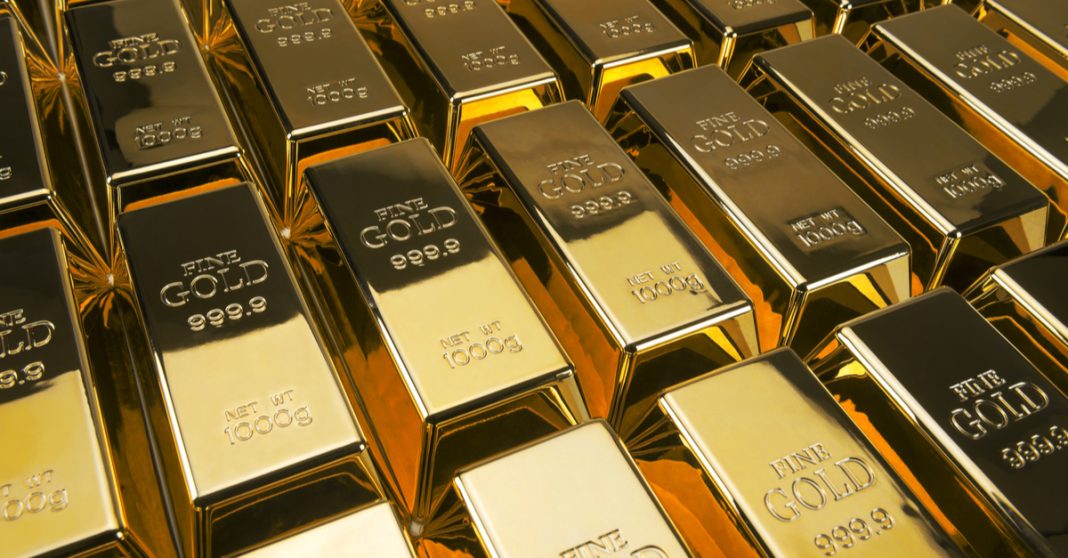The Rwandan government has announced a strategic shift in its mineral trade policies to counteract recent economic sanctions and maximize the value of its natural resources.
Minister of Trade and Industry, Prudence Sebahizi, affirmed that Rwanda is actively diversifying its markets for minerals and prioritizing in-country value addition to ensure minimal impact from foreign-imposed restrictions.
Sebahizi made these remarks during a meeting with members of Rwanda’s Political Parties Consultative Forum, where he outlined the country’s policies and strategies for boosting trade and international commerce.
The European Union (EU) recently imposed sanctions on Gasabo Gold Refinery, a key player in Rwanda’s gold processing industry, restricting its ability to trade with European countries. The move is linked to the ongoing instability in the eastern Democratic Republic of Congo (DRC), where some nations accuse Rwanda of playing a role in the region’s conflict.
However, Minister Sebahizi dismissed the significance of these sanctions, emphasizing that Rwanda’s policies of refining and exporting value-added minerals have disrupted the economic interests of some foreign nations that previously benefited from raw mineral exports.
“When we process our minerals domestically instead of exporting them in raw form, countries that used to depend on these raw materials for their industries experience economic losses,” Sebahizi explained. “It is not surprising that they would impose such measures.”
Rwanda has been making significant strides in modernizing its mineral extraction and processing industry. The country has established several high-capacity refining facilities, including:
- Gasabo Gold Refinery, which processes up to 96 tons of gold annually.
- LuNa Smelter, capable of refining 360 tons of tin ore per month.
- Power Resources International Ltd, which processes 120 tons of coltan monthly.
The Rwandan government has also restructured its mining license requirements to ensure that all extracted minerals undergo local processing before export. This move aims to maximize revenue and industrial growth.

Minister Sebahizi highlighted that Rwanda is actively seeking alternative markets for its processed minerals. He noted that the country’s refined gold is already primarily exported to the Middle East rather than Europe, minimizing the potential impact of EU sanctions.
“Our strategy is to identify diverse markets so that if one region imposes trade restrictions, we have other reliable buyers,” Sebahizi stated. “In fact, this presents an opportunity for us to grow our industries and increase local beneficiation.”
Beyond gold, Rwanda is rich in valuable minerals such as wolfram, tin, and coltan, which are critical for manufacturing tungsten, tin, and tantalum. These resources remain in high demand in global technology and manufacturing sectors.
Official data from the Rwanda Mining Board (RMB) indicates that the country’s mineral exports generated over $1.1 billion in 2023, marking a 43% increase from the previous year’s $772 million. Rwanda has set an ambitious goal of reaching $2.2 billion in annual mining revenue by 2029, with an emphasis on raising the share of locally processed minerals from 40% to 80%.
Despite international trade restrictions, Rwanda remains steadfast in its economic vision. By prioritizing local value addition and exploring diverse export markets, the country is positioning itself as a key player in the global mineral trade. The government’s commitment to self-sufficiency and industrial growth signals a new chapter in Rwanda’s economic resilience, ensuring long-term benefits for both the nation and its citizens.



